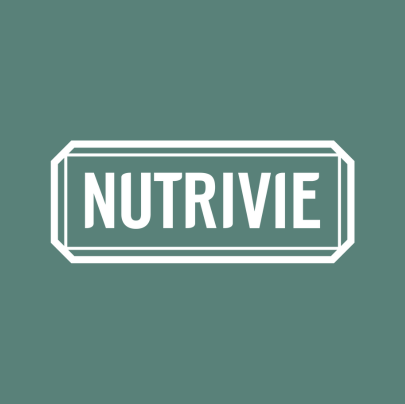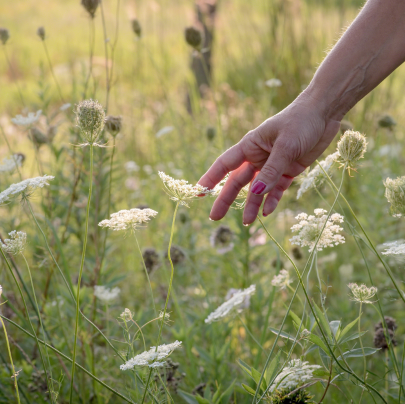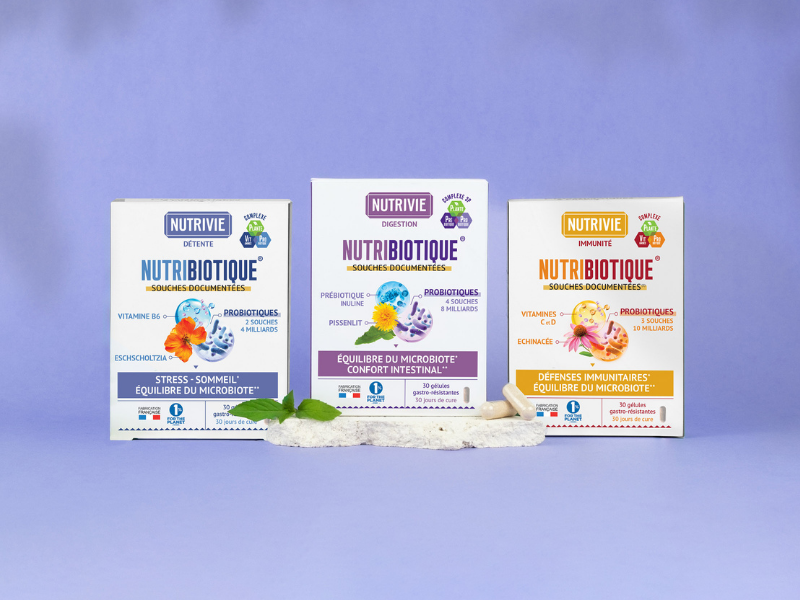Like leaves in autumn, our waste is collected by the shovelful, and if, in the song by Prévert and Kosma, the sea erases the steps of the broken lovers, our oceans are struggling to erase the continent of plastic we have created there! This symbol alone of our divorce from a sustainable ecosystem testifies to the urgency of action.
Europe seems to have understood this. Since 2009, it has been coordinating: European Week for Waste Reduction (EWWR) , which takes place this year from November 16 to 24. In France, it is ADEME , the French Agency for the Environment and Energy Management, which is piloting this week dedicated to eco-responsibility .
A quick glance at the calendar of events published by ADEME is enough to understand the awareness and involvement of all stakeholders in our society in the face of this problem. The events are targeted and addressed sometimes to businesses or communities, sometimes to citizens, avoiding the pitfall of general and ineffective catch-all actions. These actions are all the more relevant because they come from the grassroots: associations, urban communities, cooperatives, professional groups, schools, and others.
Four avenues emerge from these programs: produce better, consume better, extend the lifespan of products, and throw away less . While businesses can find food for thought and action, there are also ways to limit our waste production on an individual basis. For example, you can attend workshops on composting, building a chicken coop, become an expert on the virtues of earthworms, participate in forums on textile recycling, debate planned obsolescence or food waste, or even tackle the delicate problem of our digital waste.
Food waste and the textile industry and its practices have long been overlooked factors in the ecological imbalance we create. Yet they are at the very root of the eradication of primary forests and the unreasonable use of pesticides in Indian cotton fields. Similarly, the planned obsolescence and irreparability of our devices of all kinds still force us to find ever more recycling solutions. Our digital habits also generate polluting waste: an email account that we never empty overloads energy-hungry servers that are major producers of CO2.
Our consumer behavior has a butterfly effect that we can no longer ignore today, and this week, rich in lessons and solutions, must not end on November 24.
Let's hope that it sows in each of us a necessary doubt about our shopping fever and our desire for always more. If you would like to participate in the SERD 2020 and become a leader of a project around these issues, you can register on the website http://www.serd.ademe.fr/ .
While waiting for 2020, enjoy this week and don't forget: Good waste is waste that is not produced !














